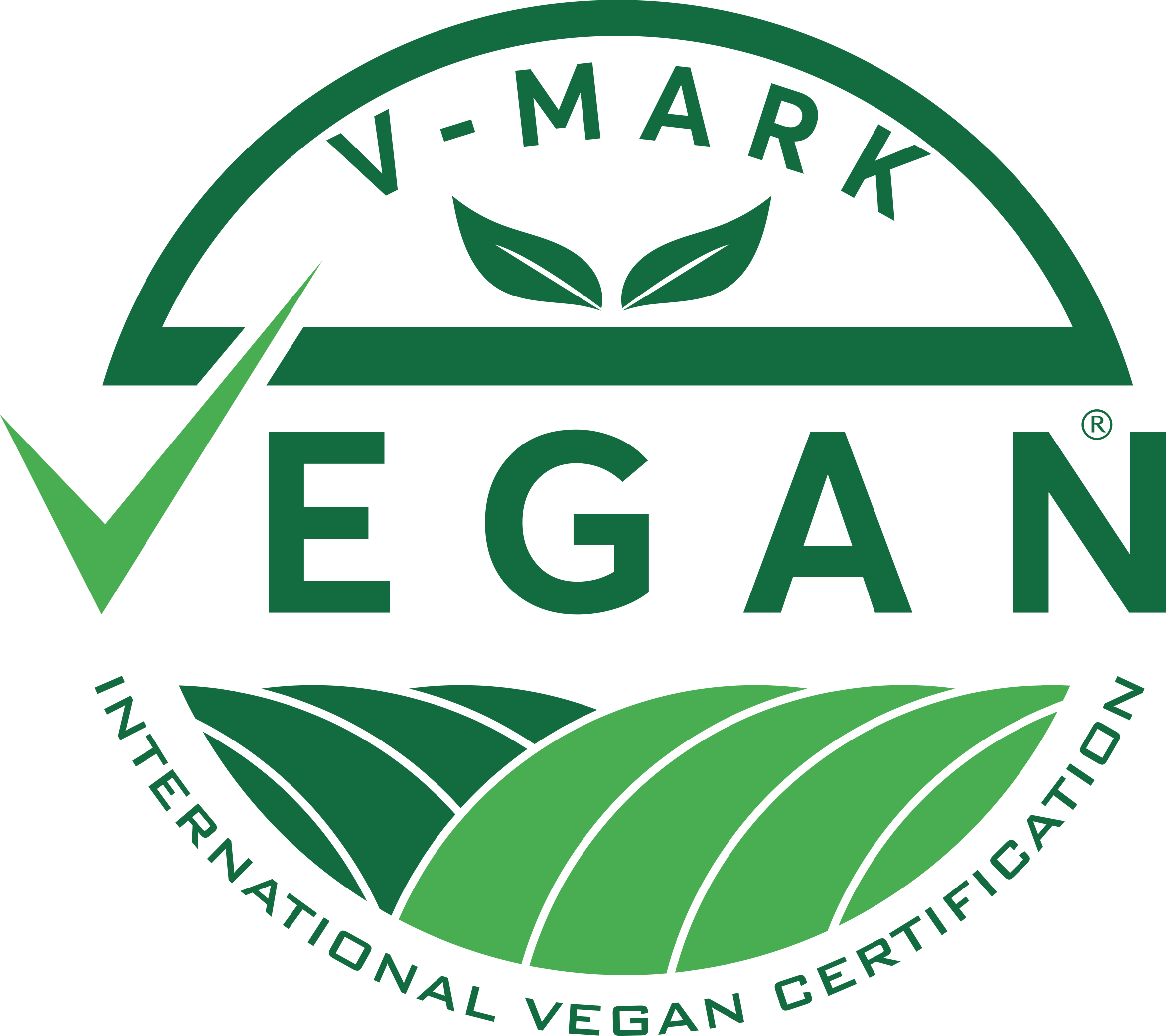What is the Future of Vegan Certifications and Labels?
The future of vegan certifications and labels is an exciting one. With the rise in veganism over the last few years, the demand for vegan products is growing and companies are responding. Companies are increasingly seeking out vegan certifications and labels to demonstrate that their products are 100% vegan and free from animal products or by-products.

Vegan certifications and labels can be used to distinguish vegan products from non-vegan products. This helps consumers identify which products are suitable for their lifestyle. Companies can also benefit from vegan certifications and labels by increasing their visibility in the vegan market.
In the future, vegan certifications and labels may become more specialized to meet the needs of different vegan consumers. For example, certifications and labels may be designed to indicate that a product meets certain standards for organic, cruelty-free, or fair-trade production. This would allow vegan consumers to make more informed purchasing decisions.
The future of vegan certifications and labels also includes a greater focus on sustainability. Companies may use certifications and labels to demonstrate their commitment to sustainable practices and the ethical treatment of animals. Additionally, certifications and labels may be used to identify products that are made with renewable, recyclable, or biodegradable materials.
Finally, the future of vegan certifications and labels may also involve a greater emphasis on transparency. Companies may be required to disclose more information about their vegan production practices, such as the source of their ingredients and the processes used to produce their products. This would allow vegan consumers to have greater confidence in the products they purchase.
Overall, the future of vegan certifications and labels is one of greater specialization, sustainability, and transparency. Companies will be able to demonstrate their commitment to veganism and ethical production, while consumers will be able to make more informed purchasing decisions. This will help ensure that vegan products remain accessible and attractive to consumers.
FAQ
- Are Vegan Certifications and Labels Expensive? How Much Do They Cost?
- Are Vegan Certifications and Labels Only for Vegan Companies? Can Non-Vegan Brands Get Certified?
- Are Vegan Certifications and Labels Only for Vegan Products? Can Non-Vegan Ingredients Be Used?
- Are Vegan Certifications and Labels Reliable? How Do I Know if a Program is Reputable?
- How Do I Find Vegan Certified or Labeled Products? Where Can I Look?
- How Do I Get My Product Vegan Certified or Labeled? What is the Process?
- How Do Vegan Certifications and Labels Benefit Brands and Manufacturers? Why Should They Get Certified?
- How Do Vegan Certifications and Labels Benefit Consumers? Why Should I Look for Them?
- What Does a Vegan Certification or Label Mean? What Are the Standards?
- What Kinds of Products Can Be Vegan Certified or Labeled? Is It Just Food?
- What are the Benefits of a Vegan Certification or Label for the Environment and Animals?
- What is a Vegan Certification or Label? How Do I Know if a Product is Vegan?
- What is the Difference Between a Vegan Certification and a Vegan Label? Which is Better?
- What is the Future of Vegan Certifications and Labels?
- What is the Role of Vegan Certifications and Labels in Promoting Veganism?
- What is Veganism?

GET CERTIFIED
